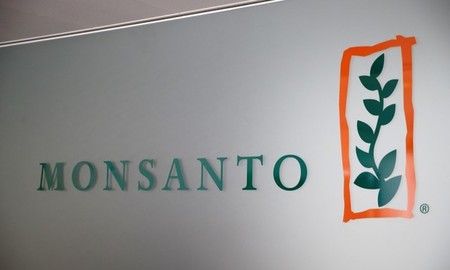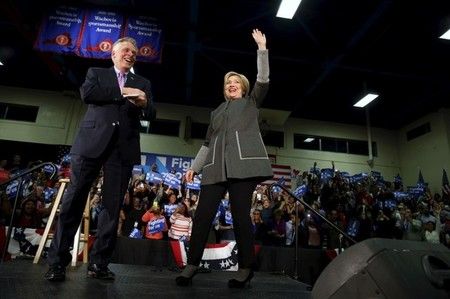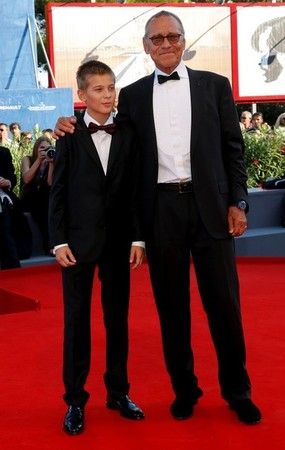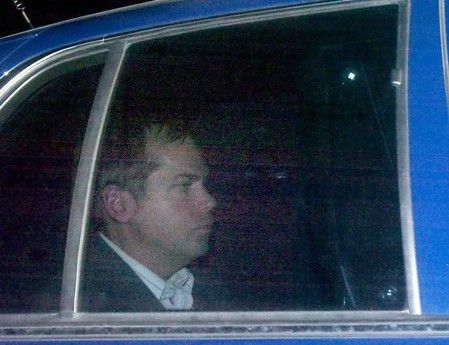Advertisement
Monsanto beats cities’ lawsuits over San Francisco Bay pollution

By Jonathan Stempel
(Reuters) – A federal judge has dismissed lawsuits in which the California cities of San Jose, Oakland and Berkeley sought to force agricultural company Monsanto Co <MON.N> to help pay for reducing PCB contamination to San Francisco Bay.
In a decision late Monday, U.S. District Judge Edward Davila said the cities did not show that Monsanto’s sale many decades ago of products containing polychlorinated biphenyls (PCBs) caused a public nuisance that damaged their property rights.
Monsanto, whose products include genetically modified crop seeds and pesticides, was the only U.S. maker of PCBs. It faces lawsuits by at least eight West Coast cities raising similar claims.
PCBs were outlawed by the U.S. government in 1979, and have been linked to cancer, immune system difficulties and other health problems.
The California cities claimed that Monsanto’s PCBs polluted stormwater flowing into San Francisco Bay, forcing them to spend money to lower the discharge and comply with environmental laws.
But the San Jose-based judge said stormwater should be considered “public water of the state” under California law, even if it was discharged through manufactured pipes.
“The cities do not take ownership of stormwater merely because it flows through municipal pipes on the way to the bay,” Davila wrote. “Therefore, they cannot pursue nuisance claims for damages.”
Davila said the cities can pursue their nuisance claims against St. Louis-based Monsanto again, though it remained “not altogether clear” what their property interest might be.
John Fiske, a lawyer for the cities, said in an email on Tuesday: “The cities look forward to providing the court further information in the amended complaint regarding their stormwater management and legal standing.”
Scott Partridge, Monsanto’s vice president of global strategy, in a statement called the decision “a victory for all organizations threatened by dangerous public nuisance lawsuits.”
PCBs were once used widely to insulate electrical equipment, helping reduce fire risk. They were also used in such products as caulking, floor finish, paint and even carbonless copy paper.
Monsanto produced PCBs from 1935 to 1977, and has said it stopped making them because they are not readily biodegradable.
Other cities that have sued Monsanto over PCB contamination include San Diego; Seattle; Portland, Oregon; Long Beach, California and Spokane, Washington. All eight cities are represented by the same two outside law firms.
Monsanto has been in talks with Germany’s Bayer AG <BAYGn.DE> and others about possible transactions. It rejected a takeover by Bayer in July but said it was open to more talks.
The cases in the U.S. District Court, Northern District of California, are City of San Jose v Monsanto Co et al, No. 15-03178; City of Oakland v Monsanto Co et al, No. 15-05152; and City of Berkeley v. Monsanto Co et al, No. 16-00071.
(Reporting by Jonathan Stempel in New York; Editing by Alistair Bell and Frances Kerry)










